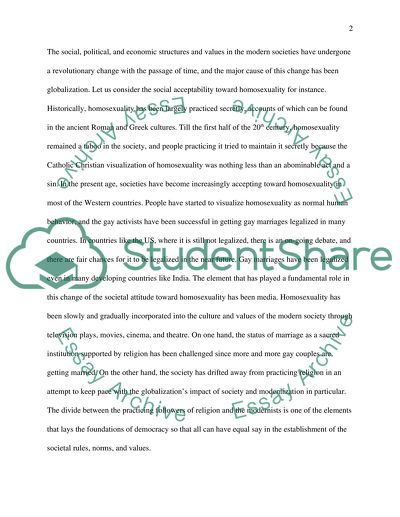Cite this document
(“In what significant ways does globalisation shape our political and Essay”, n.d.)
In what significant ways does globalisation shape our political and Essay. Retrieved from https://studentshare.org/sociology/1403364-in-what-significant-ways-does-globalisation-shape
In what significant ways does globalisation shape our political and Essay. Retrieved from https://studentshare.org/sociology/1403364-in-what-significant-ways-does-globalisation-shape
(In What Significant Ways Does Globalisation Shape Our Political and Essay)
In What Significant Ways Does Globalisation Shape Our Political and Essay. https://studentshare.org/sociology/1403364-in-what-significant-ways-does-globalisation-shape.
In What Significant Ways Does Globalisation Shape Our Political and Essay. https://studentshare.org/sociology/1403364-in-what-significant-ways-does-globalisation-shape.
“In What Significant Ways Does Globalisation Shape Our Political and Essay”, n.d. https://studentshare.org/sociology/1403364-in-what-significant-ways-does-globalisation-shape.


